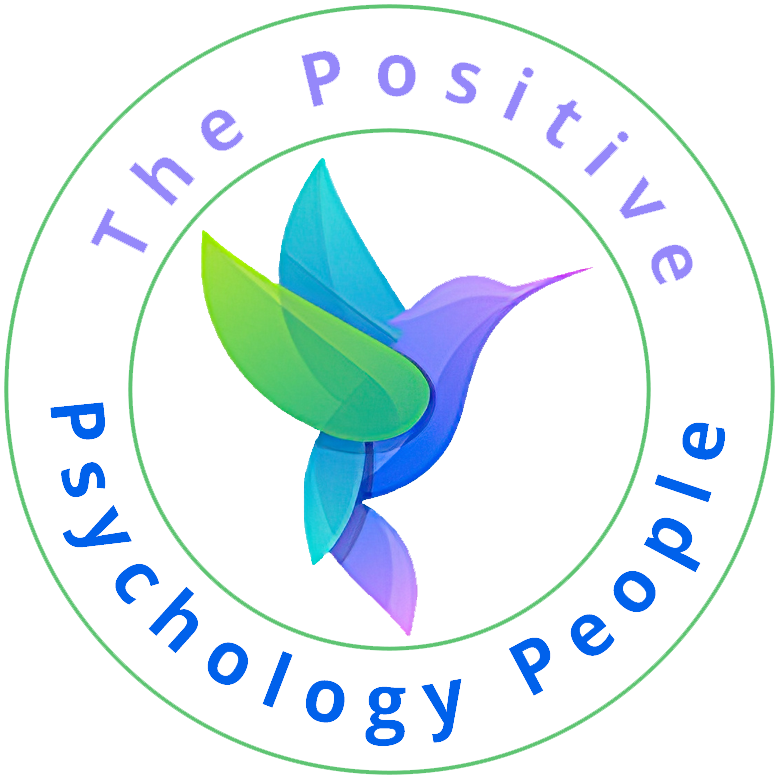One Positive Psychology exercise involves creating and living A Beautiful Day. I have found this to be a wonderful exercise which leaves me with a calm, fulfilled feeling that can last for some days afterwards.
The Beautiful Day exercise involves four stages:
- The first is to reflect upon what constitutes a Beautiful Day. This activity causes you to think about and recall what has made you happy in the past, which activities bought you pleasure, what did you do, who did you do it with, did you do it alone?
- The second stage is to plan your Beautiful Day by using as many elements from step one as possible. This includes a plan from when you wake in the morning until when you sleep at night. You also need to set a date and make any necessary preparations such as check other people are free on that date.
- The third stages just requires you to live your Beautiful Day.
- The final stage is to reflect on your Beautiful Day, to record your experiences and the associated feelings. Again this invites a strong sense of savouring, re-experiencing the physical sensations and the internal emotions. Finally you are asked to think about what you would change when you plan your next Beautiful Day.
Reflections
Stage One
Stage one provides many opportunities for experiencing positive emotions. You get to look through the lovely experiences that you have previously had, it is a focused act of savouring where forgotten details are brought to the fore and positive emotions are cultivated and dwelt upon. You know that you cannot do all of the experiences in your Beautiful Day, but the act of drawing up the list is a very powerful reminder of the good things in your life.
When doing this exercise you need to focus on activities that can actually be done on your Beautiful Day. However, I have found that remembering things that it would be impossible to recreate, such a recalling treasured moments with people who have passed away, can still play a role in this exercise. Although they cannot be relived, they can act as a trigger to ensure that I spend time with other loved ones.
Stage Two
Although this is an extremely positive exercise, stage two, the planning stage did evoke some conflict and negative emotions in me. I got stuck with the planning because I felt bad if I hadn’t included all those people who are most special to me. Also why should I have the indulgence of a Beautiful Day, a day dedicated to pleasure on my terms? For a while it seemed selfish and egotistical, neither of which felt good, let alone beautiful. Again this required a period of reflection, exploring my thoughts and the intention of the Beautiful Day exercise. What I came to realise is the significance of the title, it is ‘A Beautiful Day’, not ‘A Perfect Day’ where I can see everyone, do everything and nothing will go wrong. More importantly the significance of the word ‘A’ struck a further chord with me. It is just one Beautiful Day, it is potentially one of many. I can do it again, maybe I can do it once a month, maybe I can have different focuses such as A Beautiful Day with family and friends, A Beautiful Day at work, A Beautiful Day alone or a strengths based Beautiful Day.
Stage Three
My reflections in stage three helped me to realise that a Beautiful Day is not an indulgence. It creates positive emotions in me and this has a ripple effect of positive emotions spreading out to others who pick up on my good mood. Furthermore, one of the most beautiful things about the Beautiful Day exercise was telling other people about it and encouraging them to create and experience their own Beautiful Day.
Live your own beautiful day
Now I want to extend that further and ask you to plan and live your own Beautiful Day. I’d love to hear how you get on, please leave your comments below.
References:
Proyer, R. T., Gander, F., Wellenzohn, S., & Ruch, W. (2016). Addressing the role of personality, ability, and positive and negative affect in positive psychology interventions: Findings from a randomized intervention based on the Authentic Happiness Theory and extensions. The Journal of Positive Psychology, 11(6), 609-621.
About the author: To find out more about Bryony Shaw, please click here.


Thank you for your thoughts on a beautiful day. I find for myself that when I get up in the morning with a positive outlook it starts a beautiful day. Sometimes there is no planning as to what I’m going to do but I know deep down inside that whatever I do and whoever I do it with will be a beautiful day. Life is all in how you look at it. Sometimes just being home quiet reading a book it’s a beautiful day. There are choices that we have to make and sometimes they include others and sometimes you’re having a beautiful day and there are others who are having their beautiful day and we have it together. Does that make sense? Yesterday was a bright crisp day. Memories of Summer lingered while the fullness of The Fall season was making its appearance and introducing itself. Awesome beautiful day. I had nothing to do with the planning of it, it just was.